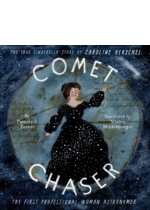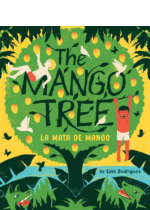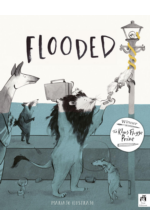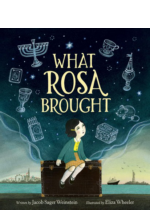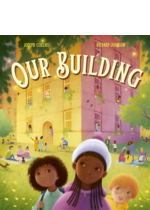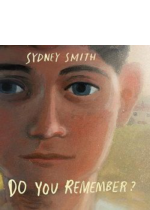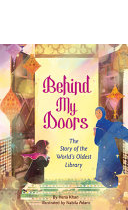
Come learn about the oldest operating library in existence that was originally founded by a Muslim woman in 859!Merhaba! Welcome! Meet Al-Qarawiyyin Library–the oldest library in the world. Do you want to see what magical treasures are behind its doors? You’ll find special reading rooms where young and old gathered to discuss, debate, and discover the world. And, most important, the collection of books that hold knowledge more valuable than any jewels! Open its doors, unlock its story, and discover an adventure that only a library can share. Told from the unique perspective of the library, award-winning author Hena Khan, along with luminous illustrations by Nabila Adani, bring to readers Behind My Doors, a charming ode to the magical wonders of each and every library.

